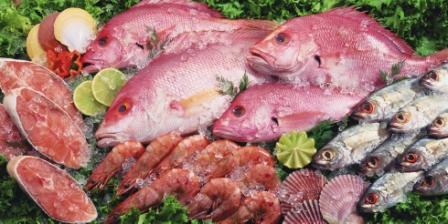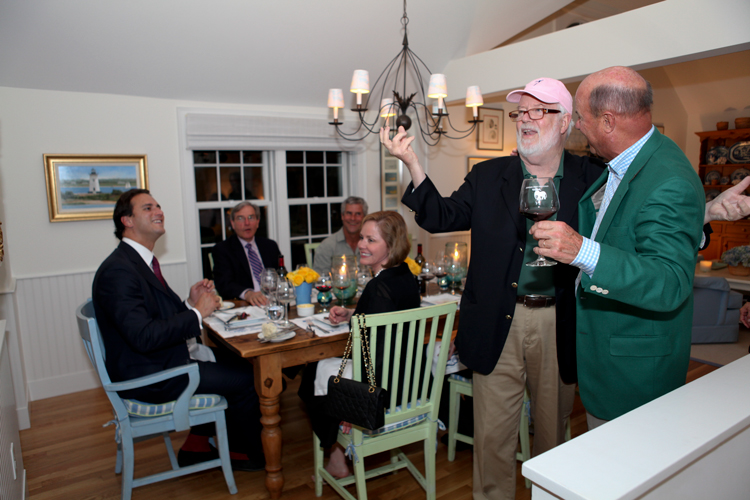Although nutritionists agree that eating fish is a great way to add healthy protein and omega 3’s to your diet, there is an issue in our oceans today. Quite simply, for thousands of years, humans have been fishing, and the vast varieties of life in the seas have regenerated themselves. But over the past five decades, technology has entered the oceans, allowing us to fish deeper and more efficiently than ever before. Today, there are estimates that we have lost as much as 90% of the large predatory fish, such as shark, swordfish and cod. In 2003, the Pew Oceans Commission warned that the world’s oceans are in a state of “silent collapse.”
Mercury in Seafood
The other issue in seafood consumption is contaminants, such as mercury. According to the EPA’s National Listing of Fish Advisories, mercury advisories have risen steadily over the past decade. Mercury is released into the air when fossil fuels (coal, oil and natural gas) are burned. Mercury falls directly on the land and water, and also enters streams, rivers and oceans through rain and surface water runoff. Bacteria then converts it to an organic form called methylmercury, which is dangerous to humans.
When small fish with low mercury levels get eaten by bigger fish, the level of methylmercury is magnified. Thus, according to the EPA, mercury concentrations in fish can be many times the mercury concentration in water. Mercury is most frequently found in long-lived or predatory fish, such as swordfish, shark, orange roughy and tuna. For that reason, the physicians at Canyon Ranch and many holistic physicians recommend that we only eat fish that will fit into a small frying pan, such as herring or mackerel.
There is Good News!
There is a way we can have our fish and eat it too. There are fisheries being run in a sustainable way, and chefs like Rich Garcia, executive chef at 606 Congress at the Renaissance Boston Waterfront Hotel, are leading the way with their commitment to sustainable practices. I met Rich at the Great Wines in Grand Houses dinner on May 20th on Nantucket, featuring Saint Emilion wines.
(I’m seated to the right of Edouard Moueix of Saint Emilion wines, my husband, Frank Fasanella, is across from me. Behind me, standing, is Dennis Toner, wine festival founder.)
At the dinner, I learned that Rich Garcia is one of many people actively promoting the idea of sustainable fishing, ensuring that our oceans’ food supply will no longer be depleted at its current rate. Rich was recognized in 2009 by industry leader Star Chefs (www.starchefs.com) as one of Boston’s rising star chefs for his commitment to sustainable practices.
Learn More
Here’s how to learn more about this important issue:
1.) Read Rich Garcia’s blog at www.chefsdailyfoodbank.com
2.) Check out www.cleanfish.com. CleanFish works closely with its producers to create next generation practices, from raising fish in polycultures, to wetlands filtration systems, to experimental deepwater aquapods.
3.) Investigate www.traceandtrust.com. Trace and Trust began when experienced New England fishermen and a few chefs in Rhode Island met to discuss what information their customers wanted to know about the high quality, fresh seafood they put on customer’s plates. Today, the company works with retailers and restaurants to ensure customers know exactly who caught their seafood, as well as when, where and how it got caught.
4.) Read Seafood Watch at www.montereybayaquarium.org. for a complete overview of the current situation with our fish, our oceans, and our solutions.






